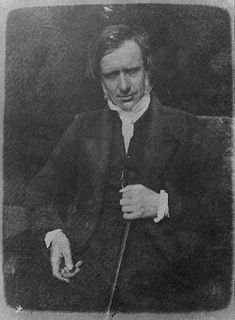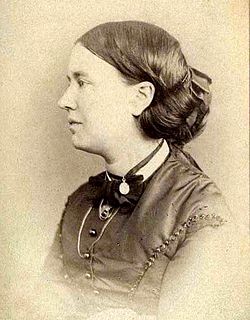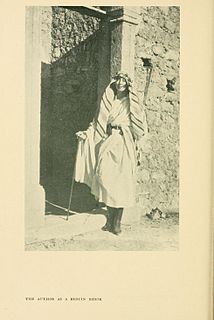A Quote by Philip Sidney
Reason! how many eyes hast thou to see evils, and how dim, nay, blind, thou art in preventing them.
Related Quotes
Think not so much of what thou hast not as of what thou hast: but of the things which thou hast, select the best, and then reflect how eagerly they would have been sought, if thou hadst them not. At the same time, however, take care that thou dost not, through being so pleased with them, accustom thyself to overvalue them, so as to be disturbed if ever thou shouldst not have them.
Sin! Sin! Thou art a hateful and horrible thing, that abominable thing which God hates. And what wonder? Thou hast insulted His holy majesty; thou hast bereaved Him of beloved children; thou hast crucified the Son of His infinite love; thou hast vexed His gracious Spirit; thou hast defied His power; thou hast despised His grace; and in the body and blood of Jesus, as if that were a common thing, thou hast trodden under foot His matchless mercy. Surely, brethren, the wonder of wonders is, that sin is not that abominable thing which we also hate.
O vanity, how little is thy force acknowledged or thy operations discerned! How wantonly dost thou deceive mankind under different disguises! Sometimes thou dost wear the face of pity; sometimes of generosity; nay, thou hast the assurance to put on those glorious ornaments which belong only to heroic virtue.
What is thy thought? There is no miracle?
There is a great one, which thou hast not read,
And never shalt escape. Thyself, O man,
Thou art the miracle. Ay, thou thyself,
Being in the world and of the world, thyself,
Hast breathed in breath from Him that made the world.
Thou art thy Father's copy of Himself,--
Thou art thy Father's miracle.
Beware, I pray thee, of presuming that thou art saved. If thy heart be renewed, if thou shalt hate the things that thou didst once love, and love the things that thou didst once hate; if thou hast really repented; if there be a thorough change of mind in thee; if thou be born again, then hast thou reason to rejoice: but if there be no vital change, no inward godliness; if there be no love to God, no prayer, no work of the Holy Spirit, then thy saying "I am saved" is but thine own assertion, and it may delude, but it will not deliver thee.
King of the animals — as thou hast described him — I should rather say king of the beasts, thou being the greatest — because thou hast spared slaying them, in order that they may give thee their children for the benefit of the gullet, of which thou hast attempted to make a sepulchre for all animals; and I would say still more, if it were allowed me to speak the entire truth.
A man asked Muhammad what was the mark whereby he might know the reality of his faith. Muhammad said, 'If thou derive pleasure from the good which thou hast performed and thou be grieved for the evil which thou hast committed, thou art a true believer.' The man said. 'In what doth a fault really consist' Muhammad said, 'when action pricketh thy conscience, forsake it.'





































